Start your journey
Browse our bestsellers for a better you.
Frequently added:
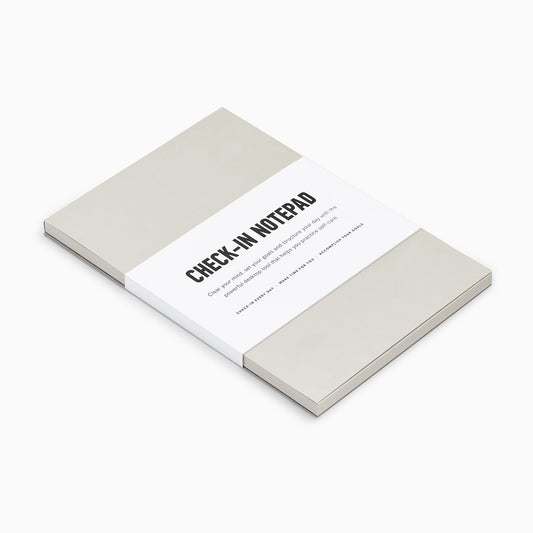
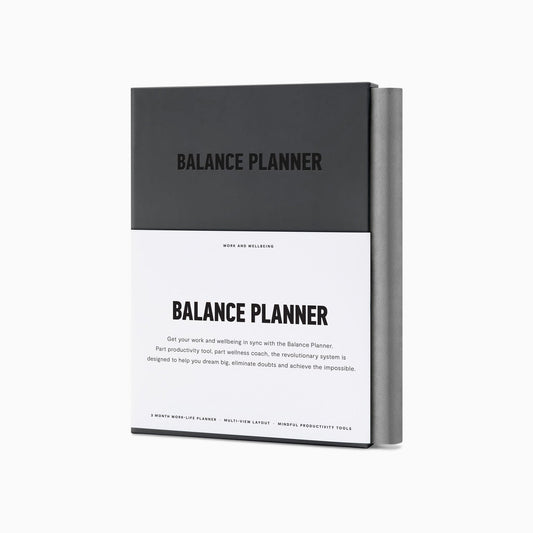
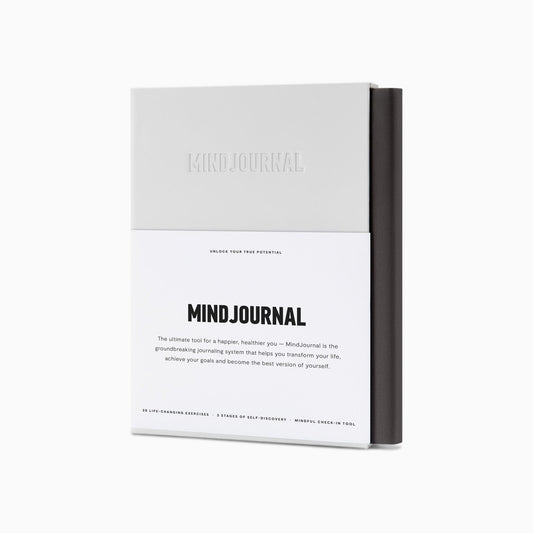
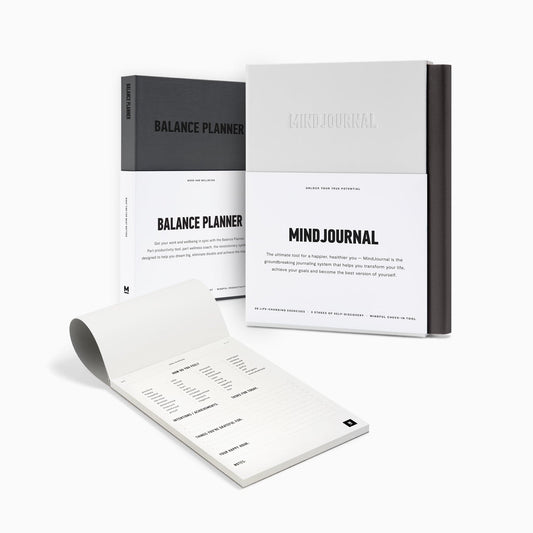
by Andrew Dickens – 5 min read
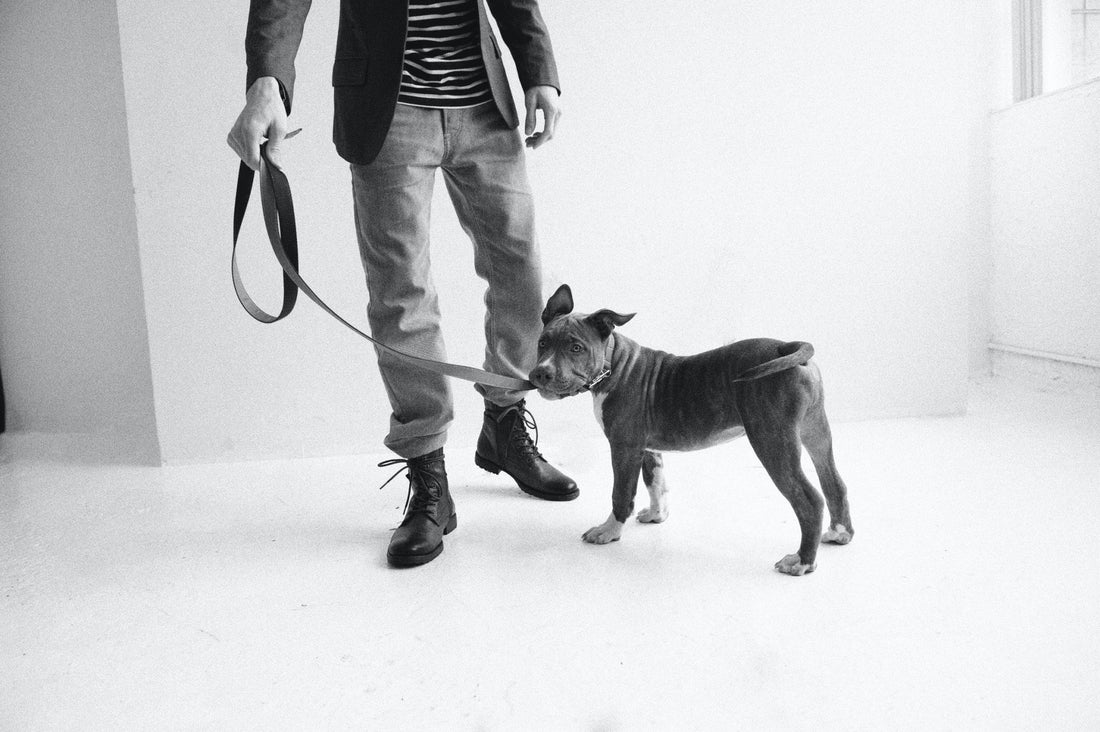
I will never have kids.
This isn’t a reactionary statement, having watched another sleep-deprived parent expel precious life force from their body in an attempt to calm their screaming spawn. Nor is it the result of medical issues ‘down there’.
It’s a decision that my wife and I took while of sound mind and body. We were in our mid-late 30s when we met (her mid, my late) and decided that, frankly, we’d quite like to enjoy a few years together before we gave up our lives to the whims and needs of a child. A few years meant we’d be looking at having kids in our mid-40s, which didn’t appeal for all kinds of reasons. So, we made a call and we stuck to it.
We’re not alone. The number of people without children is on the up, rising by almost 50 per cent in the UK since the mid-1990s. But not all of them got to make the choice we did, whether because of infertility (which affects around 15% of couples worldwide), financial constraints or general existential angst.
We were lucky, but it wasn’t easy. You think about your lineage, your legacy and, selfishly, who’s going to look after you when you get old. Even now, I see parents with their kids and wonder what it would have been like. And the biggest question in my mind is: what kind of father I would have been?
"There’s a lot of poo (not just their poo, either)."
Then we got a dog, and I think I now know.
I was sceptical about the dog. The dog would provide many of the problems that a kid would: cost, dependence, responsibility, restrictions, inconvenience. But after two years of ‘gentle persuasion’ by my wife, Brewster the cockapoo moved into our house. That was February 2019, and I was right about the problems — every single one — but the similarities to having a human child don’t stop there.
You give them pet (literally) names — such as Booboo, Bubbles, Mr Boo, Bublé, Lord Fluffington — and use their full name when you’re annoyed, which is quite frequent. You gain dog-owning friends, the equivalent of a parenting group or a school gate clique, and 80% of your chat with them is dog-related.
Travel is ten times harder and more expensive, requiring you to stay within driveable bounds or face the pain and guilt (so much guilt) of leaving them with someone else. You have less ‘me time’. You spend more money on them than you ever imagined, you buy a practical car, you get used to being covered in filth and to them being covered in filth. There’s a lot of poo (not just their poo, either).
There are less practical, more emotional similarities as well. Things that teach you a lot about yourself.
You’ve signed up for membership to the responsibility club. Dogs, on average, have intelligence equivalent to that of a two-year-old human. This means we have, hopefully for a good 15 years or more, total responsibility for a toddler. He can never be left to fend for himself, he can never go out by himself, he can’t feed himself or call the emergency services for help. We are all he has - and that thought is life-changing. I guess it is for all dads.

They become both a barrier and bond between you and your partner. Their crying is the most agonising and penetrative sound on Earth. You talk to them and expect them to understand or, at the very least, be a compliant listener, whether trying to negotiate with them (really) or vocally arranging your thoughts.
You get reflective about your style of parenting. Am I too harsh? Sometimes, and I hate myself for it. Am I too impatient? Ditto. Have I invested enough time in training him? Probably not, and therefore any bad behaviour is probably my fault. Does knowing that prevent me from getting irritated by said behaviour? No. Have I ever regretted the decision to turn a couple into a family? Momentarily, yes. Does that make me a bad parent or a normal one? Are other people like this?
You begin to think that your little lad has somehow inherited your personality traits. Brewster can be anxious. I have anxiety. Did I make him anxious? It’s all my fault.
The guilt, as mentioned, is profound and plentiful. As is the fear. The fear of abduction. The fear of illness. The fear that he’s not happy. The fear that he’ll fart when we have guests.
Sadly, cruelly, the worst fear - what they call 'every parent’s nightmare' - is one we can't avoid. We have a ‘child’ who will almost certainly die before we do. My anxious mind often pictures the moment I say goodbye to Brewster. The words I’ll say as his eyes close for the last time what the house will feel like afterwards.
Maybe it’s stupid or morose, but I can’t help it. So I use this nightmarish image to stop myself from taking him for granted. Because you shouldn’t take something so wonderful for granted.
"I’ve sincerely mulled over whether I would die or kill to save him. And I think I would."
It’s a relationship like no other. One of deep, intense feelings that are quite different to those you could ever have for a partner. The joy of seeing him happy. How his uncontrollably gleeful welcome clears all clouds from my mind. The wrestling, the cuddling, watching him run, watching him swim, watching him play, watching him sleep and dream, watching him roll in grass like he’s experiencing religious ecstasy.
I’ve sincerely mulled over whether I would die or kill to save him. And I think I would.
And all this, weirdly, makes me think I’d have been okay as a dad. I’d have messed things up, I’d have lost my rag, I’d have been riddled with guilt, I’d have been unintentionally negligent at times, but I’d also have got a lot right. I’d have loved my kid to an indescribable degree and, if Brewster is anything to go by — this sweet, smart, kind-hearted, adorable doofus — they would have turned out pretty well.
MindJournal
£
35.00
Sale price
£
24.50
GBP
